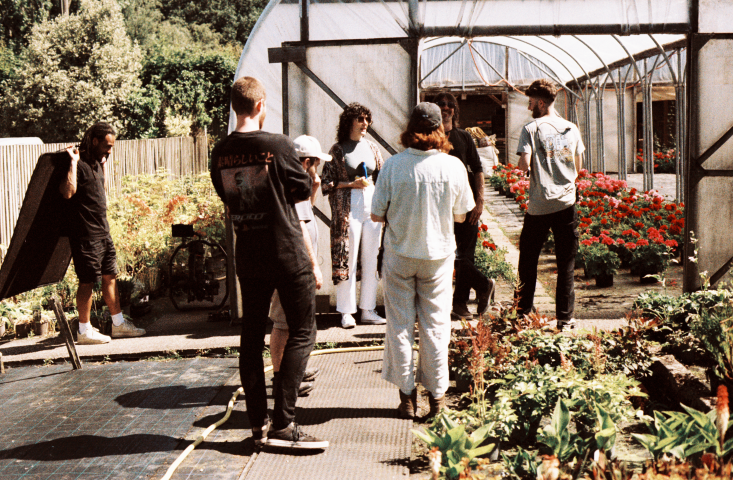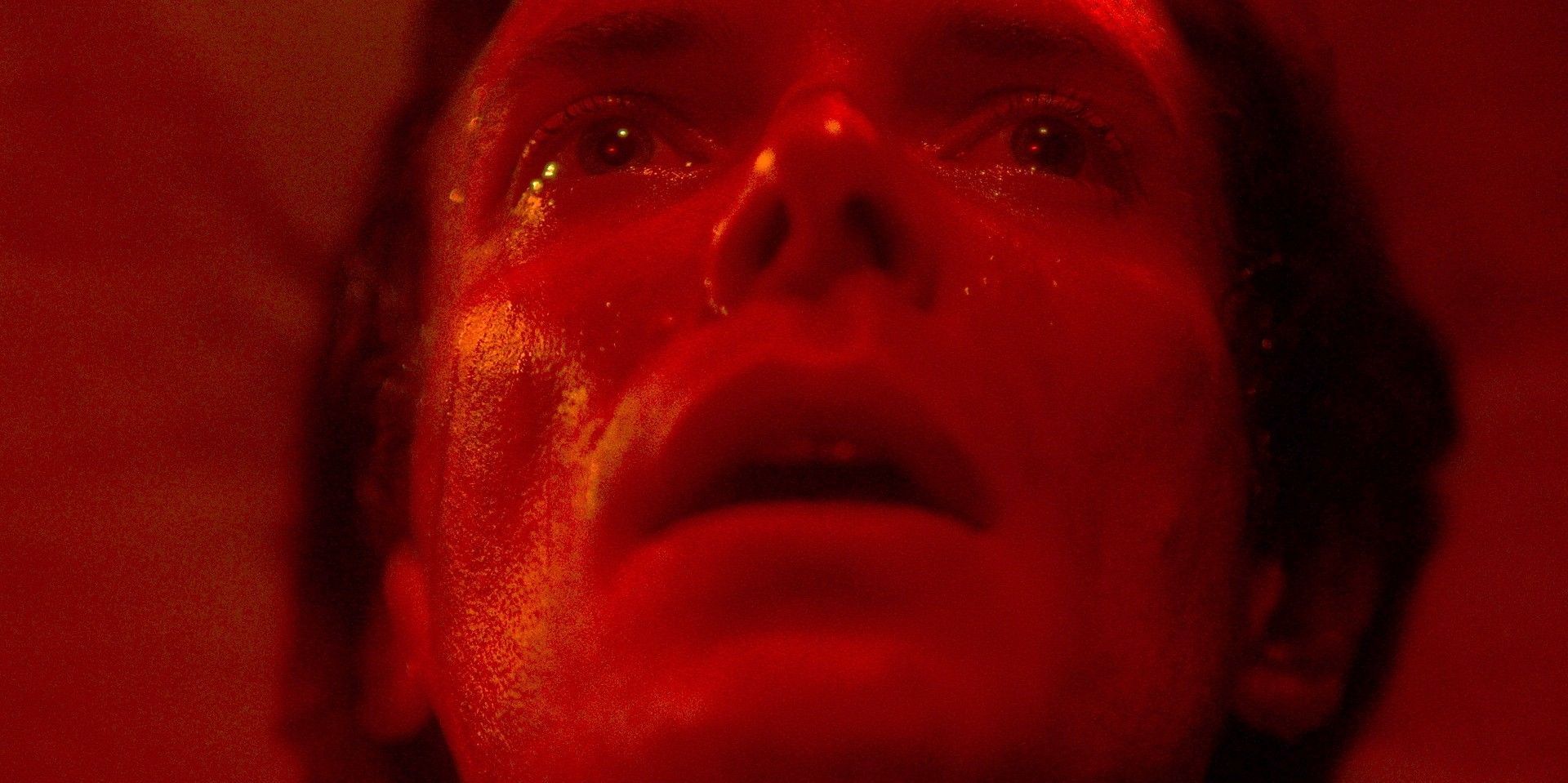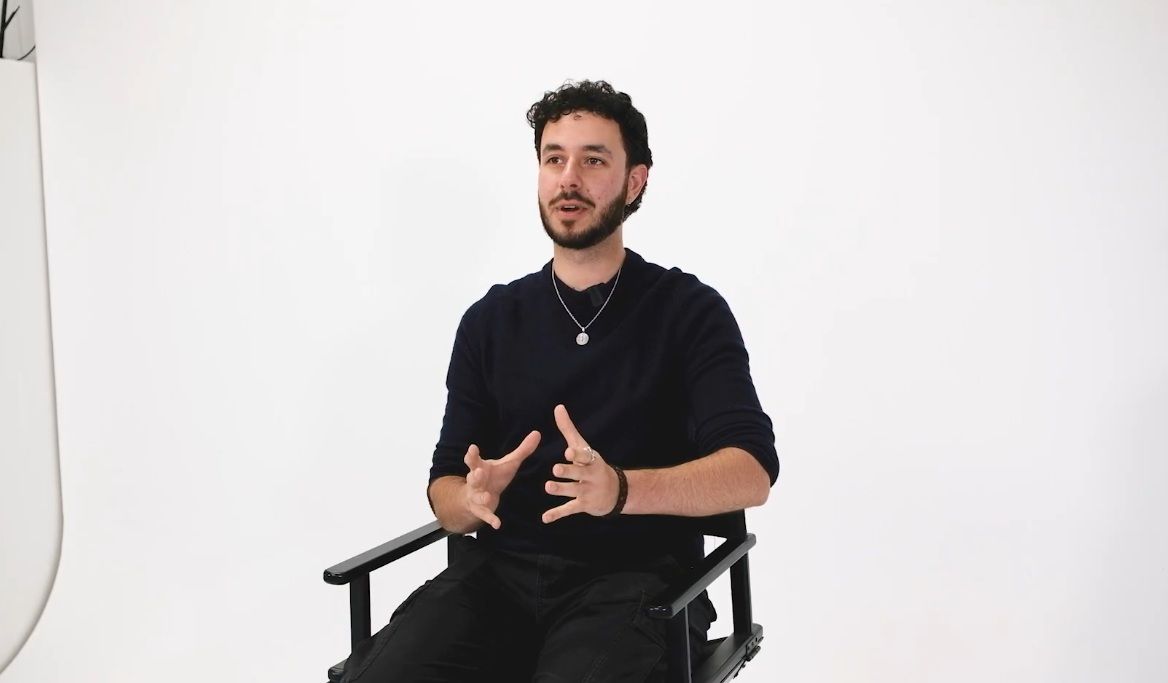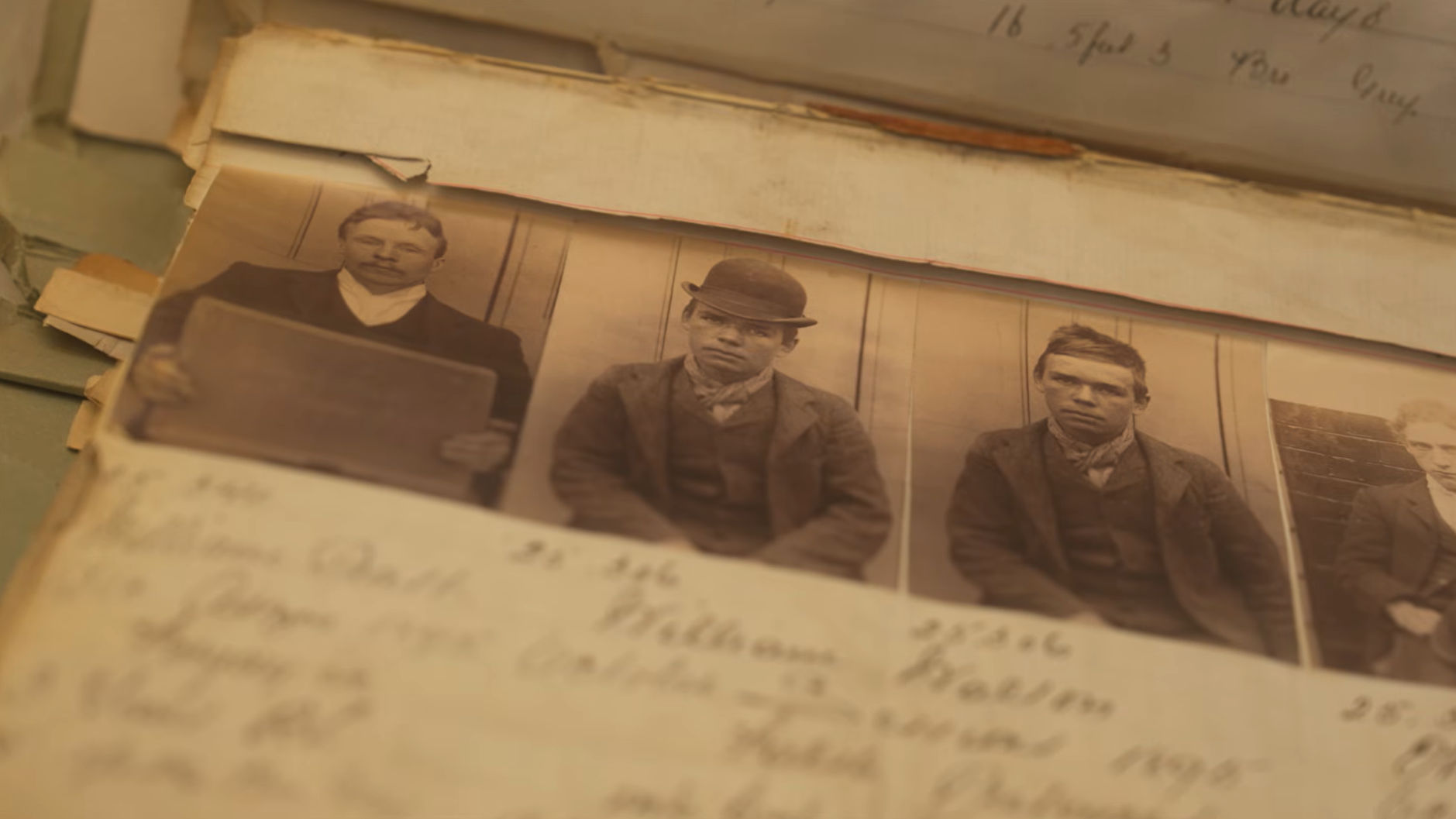Midlands on the Move: Emmeline Hartley interview and upcoming short Closedown
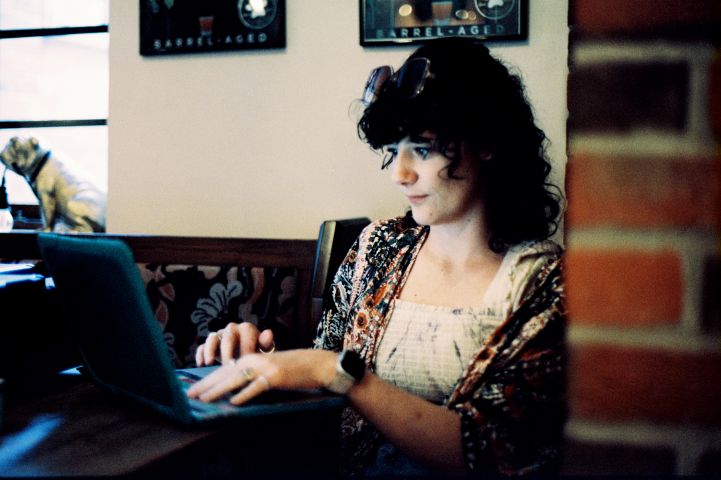
For 15 years we have been championing the films and filmmakers from the Midlands region and have become hoarse as we’ve shouted from the rooftops about the talent based here. And we’ve worked hard in promoting how more productions should come to the area, and utilise everything this film community has to offer.
However, we have to face up to the fact that the Midlands is not the entirety of the UK’s film industry. To help put themselves and the Midlands on the map, filmmakers will of course have to leave the region to create contacts and develop projects further afield. So in this new selection of MIDLANDS ON THE MOVE features, we’ll be taking a look at all the different ways productions can head beyond the regional boundaries and how filmmakers can gain further experience whilst adding their distinctive Midlands energy. What can be learnt? What are pitfalls to avoid? What are the benefits?
Well, we hope to provide some answers to these questions as we speak directly to those Midlands creatives who have grown their skills whilst working away from their home. And we are pleased to begin our conversation with experienced actor, writer and producer Emmeline Hartley. From 48-hour film challenges to viral shorts and award-winning films, Emmeline has been at the centre of a huge range of artistic projects in the region for many years.
And her latest film Closedown has wrapped and stars viral satirist Michael Spicer and Leicester’s very own acting superstar Parminder Nagra (Bend it Like Beckham, Agents of Shield). With a Midlands team and a lot of determination, Emmeline and the dedicated crew left the familiarity of the Midlands with plans to shoot a film away from our glorious pastures….
Midlands Movies Mike: Hi Emmeline. What are the origins of Closedown and how did it come to fruition?
Emmeline Hartley: The film is written and directed by comedian Michael Spicer. It’s his directorial debut and I got involved after seeing a Tweet of his back in 2023 asking producers if they could offer some advice. After speaking online and giving some pointers on funding, we stayed in touch. When other plans didn’t move forward, Michael suggested he might shoot it on his phone and I was like, no! By this point I'd read the script and knew how much potential it had so knew I wanted to step in and produce it properly.
MM: What were the next steps?
EH: I shared the script with my go-to Midlands crew (many of them University of Derby alumni) and they loved it, so once I knew they were on board, I offered to produce. This team make my job feel easy so it was a no-brainer!
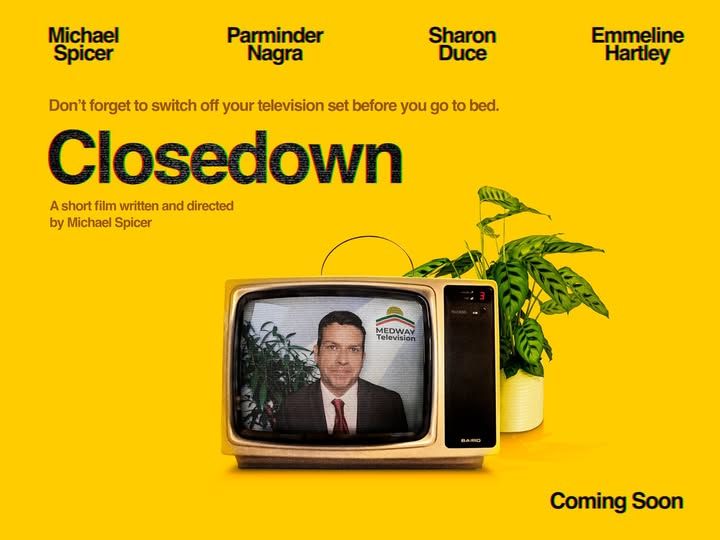
MM: And you know their ways of working and their quality as well?
EH: Definitely. It’s an incredible team I’ve been lucky to work with on countless local projects over the years, so I already know the quality we can achieve on a low budget when everyone’s excited about an idea. When I introduced them to Michael, the creative conversations began and we started looking for locations.
MM: Given what you’ve said, was the Midlands the first choice?
EH: Of course, but it was really tricky. Our team is spread across roughly 90 miles of the Midlands, so to actually see any cost benefit with accommodation and travel, we had to narrow our search to just two small areas where a handful of crew were local, and we needed a care home and a garden centre which are hard to sort at the best of times! In most cases, places I contacted were branches of larger companies which creates a bit of a bureaucratic nightmare. Another issue was that all the garden centres opened 7-days a week and we needed at least an entire day to film. The only option for one was Christmas Day! It soon became clear that we needed to film at a particular time of year so that flowers were in bloom too.
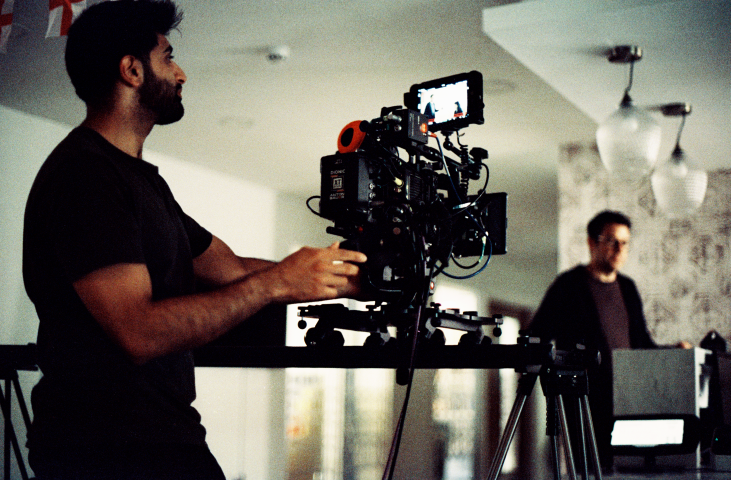
MM: Is that when you had to start searching further afield?
EH: Yes, and we found a care home that was part of a much smaller chain, and they couldn’t have been more helpful. Their head office signed off permission and, when we went there, the staff and residents were not just accommodating but seemed genuinely excited as well. People wanted to be involved and one lovely gent called Fred offered us his flat for a day!
MM: It sounds like the filmmaking process itself has value outside the production. I’ve witnessed a few projects helping to enrich others’ lives outside the actual filming, which is an added benefit?
EH: Despite funding being a hurdle we were lucky to have a small budget that covered travel and accommodation. I managed to just about order some pizzas and ice creams though! BUT we also found Pinecove Nursery nearby, a lovely family-run business that isn’t open every day - they all ended up in the film too, and we get to sing and shout about how brilliant they are. They recommended shooting in summer (it was around October when we approached them) so we shifted the schedule to ensure we could capture all its beauty. And when we were recce-ing for that, we happened upon a gorgeous family-run pub (The Doghouse) who happily accommodated us for a restaurant scene and even attended our cast & crew screening. Kent provided what we needed on a budget with minimal travel interruption, and everyone was so lovely.
Click here to continue reading Midlands Movies' interview with Emmeline Hartley, as we go on to discuss how the team put the finishing touches to their production.
